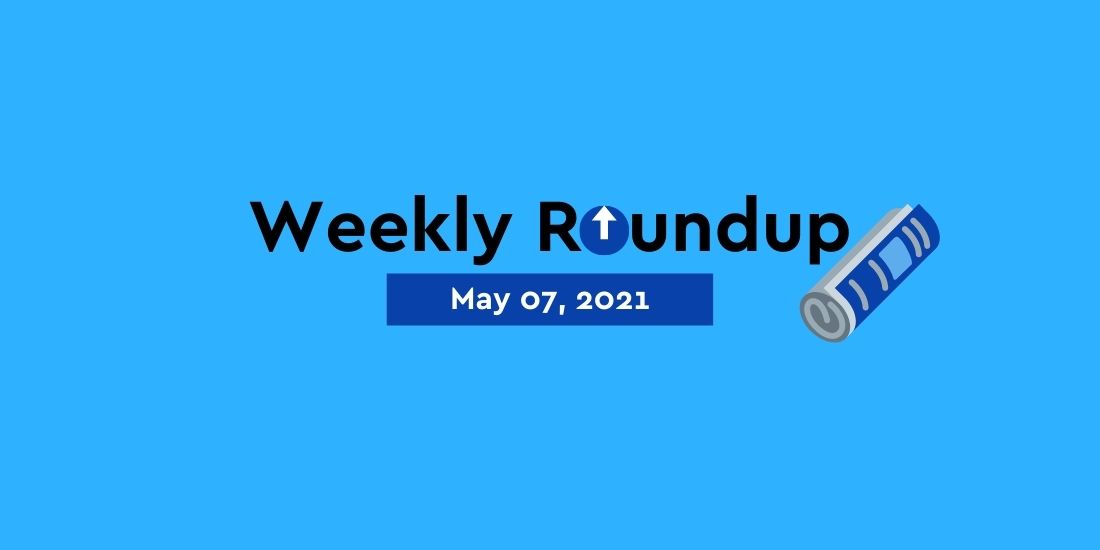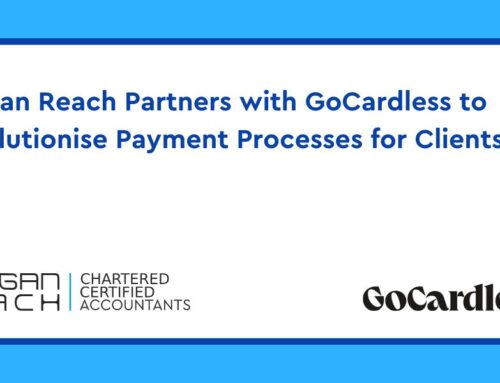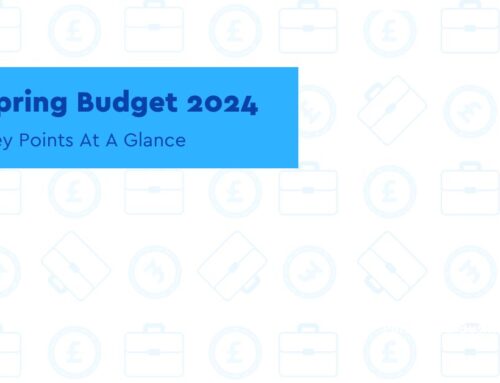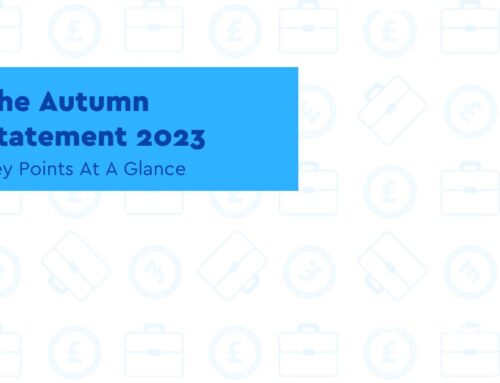HMRC sets out penalty regime for SEISS abuse

Key Points
- Penalties can be charged up to 100% on the amount of SEISS grant overpaid
- As long as overpayments are settled by the end of January 2022, fines will not be enforced
- When deciding the amount of any penalty, HMRC will take account whether the taxpayer knew they were entitled to the SEISS grant when they received it
As the fourth self employment income support scheme (SEISS) ramps up for applications, HMRC has confirmed the penalty regime with harsh fines for abuse of the financial support.
An overclaimed SEISS grant includes any amount of grant which the self employed were not entitled to receive or was more than the amount HMRC said the applicant was entitled to when the claim was made.
Overpayments must be notified to HMRC within 90 days of receipt of an SEISS grant.
Penalties can be charged up to 100% on the amount of SEISS grant overpaid, but there is a fairly long period for repayment so as long as overpayments are settled by the end of January 2022, fines will not be enforced.
When deciding the amount of any penalty, HMRC will take account whether the taxpayer knew they were entitled to the SEISS grant when they received it, and when it became repayable or chargeable to tax because the individual’s circumstances changed.
The HMRC guidance states: ‘If you knew you were not entitled to your grant and did not tell us in the notification period, the law treats your failure as deliberate and concealed. This means we can charge a penalty of up to 100% on the amount of the SEISS grant that you were not entitled to receive or keep.
‘If you did not know you were not entitled to your grant when you received it, we will only charge you a penalty if you have not repaid the grant by 31 January 2022.’
HMRC is also warning taxpayers to be careful when making SEISS claims as there are a number of scams circulating with fraudsters trying to dupe the self employed into making spurious claims, using emails and text messages. In many cases the phishing attacks initially look legitimate although they frequently feature spelling mistakes and grammatical errors. It is important not to click any links before checking the veracity of the message.
In the tax authority’s scam update, it stated that it was ‘aware of a phishing campaign telling customers they can claim for the fourth SEISS grant as support during the coronavirus pandemic. Do not reply to the email and do not open any links in the message’.
Any phishing emails or texts should be notified to HMRC so they can investigate the scam.
Pay VAT deferred due to coronavirus
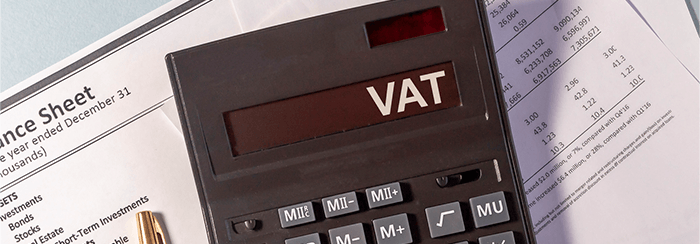
Find out how to pay VAT payments deferred between March 20 and June 30, 2020. You can pay now or join the VAT deferral new payment scheme.
Key Points
- The new scheme lets you pay your deferred VAT in equal instalments
- Businesses that join by May 19, 2021 can pay in up to nine monthly instalments.
- To use the online service you pay the first instalment when you join
The VAT deferral new payment scheme is open for all businesses who deferred paying VAT due between March 20 and June 30 2020 and have been unable to pay in full by March 31, 2021.
Businesses that join by May 19, 2021 can pay in up to nine monthly instalments. The later businesses join, the fewer instalments will be available to them.
If you deferred VAT payments due between March 20, 2020 and June 30, 2020 you can:
- Pay the deferred VAT in full now
- Join the VAT deferral payment scheme – the online service is open until June 21, 2021
Join the VAT deferral new payment scheme
The new scheme lets you:
- Pay your deferred VAT in equal instalments, interest free
- Choose the number of instalments, from 2 to 11 (depending on when you join)
- Instalment options available to you
- When you decide to join the scheme will determine the maximum number of instalments that are available to you.
The following table sets out the monthly joining deadlines (to allow for Direct Debit processing) and the corresponding number of maximum instalments (including the first payment):
| If you join by | Number of instalments available to you |
|---|---|
| March 19, 2021 | 11 |
| April 21, 2021 | 10 |
| May 19, 2021 | 9 |
| June 21, 2021 | 8 |
How to join
Before joining, you must:
- Have your VAT registration number
- Create your own Government Gateway account (if you do not already have one)
- Submit any outstanding VAT returns from the last 4 years – otherwise you’ll not be able to join the scheme
- Correct errors on your VAT returns as soon as possible
- Make sure you know how much you owe, including the amount you originally deferred and how much you may have already paid
To use the online service, you must:
- Join the scheme yourself
- Still have deferred VAT to pay
- Be up to date with your VAT returns
- Join by June 21, 2021
- Pay the first instalment when you join
- Pay your instalments by Direct Debit (if you want to use the scheme but cannot pay by Direct Debit, there’s an alternative entry route for you)
New guidance for agency workers and contractors working through an umbrella company

Key Points
- HMRC has created new guidance for workers and contractors who work through an umbrella company
- The guidance covers pay and holiday entitlement
HMRC has created new guidance for agency workers and contractors who work through an umbrella company.
The guidance covers who will pay the worker, how they get paid, what they will get paid, understanding what they get paid and tax avoidance. HMRC has also amended various other off-payroll working webpages to link to this new guidance. Read in full.
If you are employed by an umbrella company, the tax rules on agency workers and off-payroll working (IR35) will not apply to you.
Who will pay you
You are paid by the umbrella company because they are your employer. They will:
- Pay you for the work you do for the employment agency’s clients
- Deduct any Income Tax and employee National Insurance contributions due under PAYE (Pay As You Earn) from your pay
How you get paid
The client you work for pays the agency for your services.
The agency deducts a fee for placing you with the client and pays the rest of the money (sometimes known as the assignment rate or the limited company rate) to the umbrella company.
This rate is different to the rate you get paid from the umbrella company, because of the additional costs for the umbrella company, which include:
- Administration costs (sometimes charged separately to you by the umbrella company)
- Employer National Insurance contributions
- Employer workplace pension contributions
- Holiday pay
- Other amounts to cover other specific costs, such as Apprenticeship Levy
The rate paid to the umbrella company by the agency will need to cover the costs of the employer National Insurance contributions. The umbrella company will use this money to pay employer contributions and not deduct the contributions from your gross pay.
What you get paid
The rate you get from the umbrella company is sometimes known as your contract rate and should be set out in your employment contract. It will normally be an hourly rate at the National Minimum Wage plus another taxable amount often described as a bonus or additional pay. This is your gross pay (your pay before deductions).
If any of this amount is described as non-taxable, your umbrella company could be involving you in a tax avoidance scheme.
Your gross pay is then subject to deductions of Income Tax and employee National Insurance contributions through PAYE, as well as any other deductions such as your workplace pension contributions.
The remaining amount is your net pay (the amount you take home).
An umbrella company cannot by law deduct employer National Insurance contributions from your gross pay.
If you think employer National Insurance contributions have been wrongly deducted from your gross pay, or any other incorrect deductions have been made, contact your employer (the umbrella company). If this does not work, contact ACAS (Advisory, Conciliation and Arbitration Service), Citizens Advice or your trade union representative.
Holiday entitlement
You are entitled to paid statutory annual leave which is based on the hours you work.
If you leave the umbrella company with annual leave owing to you, the company must pay you for it.
Flexibility over right-to-work checks ends from May 16
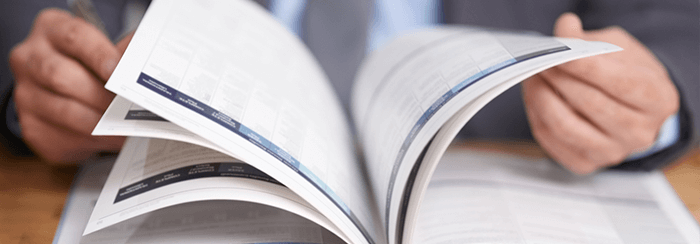
Key Points
- The temporary adjustments to right to work checks due to Covid-19 are ending
- You will soon need to check the applicants original documents or right to work online
The government has confirmed that the temporary Covid-19 adjusted right to work check process will come to an end on May 16, 2021.
During the pandemic, organisations have been able to check an individual’s right to work in the UK virtually, asking them to submit a scanned copy or photo of the original via email and then using video platforms where the worker holds up the original document to check against the digital copy that has been sent.
From May 17, 2021 you must either:
- Check the applicant’s original documents, or
- Check the applicant’s right to work online, if they’ve given you their share code
If the business is continuing to operate remotely and in-person checks are not possible, the individual may have to courier original copies of documents verifying their right to work to their employer, who will then need to verify their identity over a video call.
The updated guidance also provides that employers do not need to carry out retrospective physical checks of original documents on those who had a COVID-19 adjusted right to work check between March 30, 2020 and May 16, 2021 inclusive.
Weekly HMRC, Gov’t and tax updates

VAT updated valuation table:
Road fuel scale charges updated from May 1, 2021 to April 30, 2022
You can add a road fuel scale charge to your VAT return to account for private consumption of fuel on a business vehicle.
The VAT road fuel scale charges are amended with effect from May 1, 2021. Businesses must use the new scales from the start of the next prescribed accounting period beginning on or after May 1, 2021.
The valuation rate tables:
- Set out the new scale charges (a VAT inclusive amount)
- Show the VAT to be charged if you account for VAT on an annual, quarterly or monthly basis
- Must be operated in accordance with the notes to the table and these are set out below
You can view the updated table here.
HMRC: A new tool allows you to check if you can delay customs payments and declarations
The tool to check if you can delay paying Customs Duty or sending HMRC information about goods you move into or out of Great Britain has been updated in the last week.
The tool includes:
- Delaying payments of Customs Duty when importing goods
- Delaying sending HMRC information about goods you import or export
- Moving goods from your premises into or out of Great Britain
If the UK has a trade agreement with the country you’re importing from, you may be able to pay less duty or no duty on the goods (known as a ‘preferential rate’).
You may also be able to delay or reduce the amount of duty you pay based on what the goods are and what you plan to do with them.
UK private sector set for summer rebound as economy reopens
Britain’s private sector is on course to a summertime boom, with growth anticipated to be at its highest level in six years, as the economy reopens.
The CBI expects private sector activity to grow 32% in the next three months — marking the strongest predictions for growth since June 2015.
Private sector activity rose 24% last month, according to CBI’s figures.
Growth in business & professional services firms is expected to grow by 48% and manufacturers by 36%, the strongest growth since April 2014 and March 2017, respectively.
Expectations for growth in distribution sales are at their highest since February 2020, up 15%.
Get In Touch
Due to the fast moving nature of the current Covid-19 pandemic, we are endeavouring to cover as much of the critical news as possible. If you are self-employed or run a business and need assistance and advice on how the recent announcements could make a difference to you or your business, feel free to get in touch with the experts at Morgan Reach. Our business growth experts at Morgan Reach will guide you through what support is available for you or your business as well as the latest news that may affect you.


